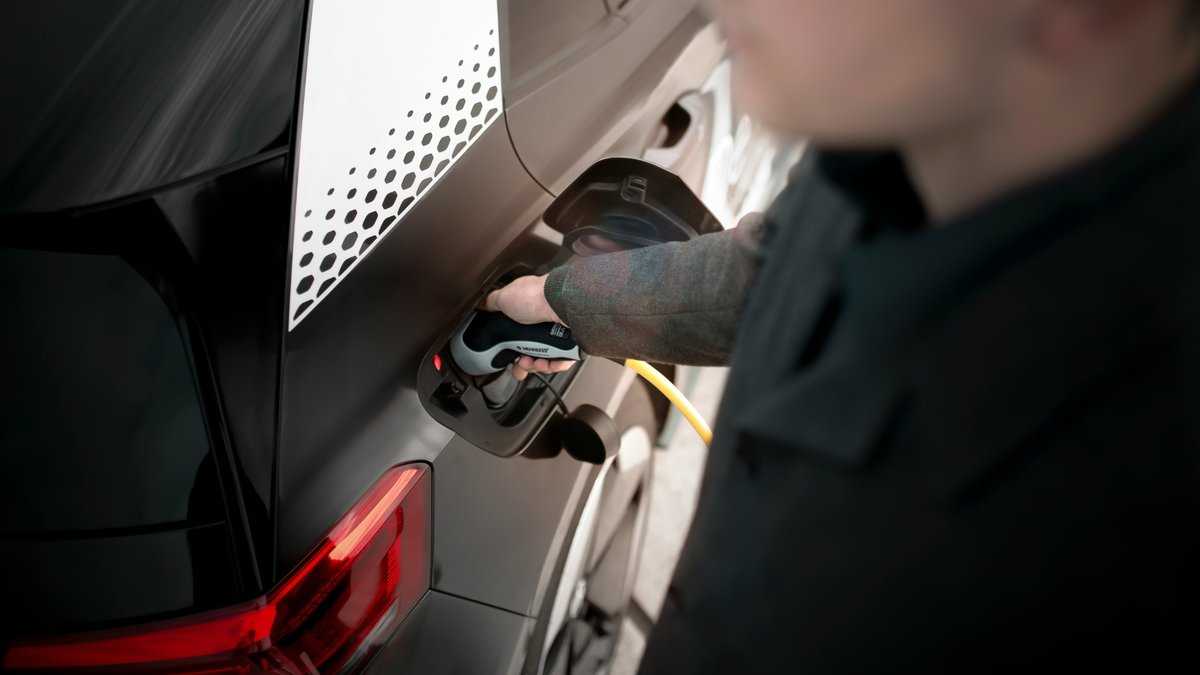Truth & Goodness
Poland Tightens Grip on Big Tech: The Push for Social Media Restrictions for Minors
30 January 2026

In an era of rising energy costs, every innovation in power storage is priceless. But this time, it's not about expensive metals or exotic solutions. A research team led by Dr. Xiaolei Wang and PhD candidate Zhixiao Xu from the University of Alberta has designed a cell that uses ordinary tap water instead of lithium. Their new water-based battery seems to have solved the biggest problems of water batteries: they are no longer weak or short-lived.
In an era of rising energy costs, every innovation in power storage is priceless. But this time, it’s not about an expensive metal or exotic solutions that have little chance of widespread use. A research team led by Dr. Xiaolei Wang and PhD candidate Zhixiao Xu from the University of Alberta has designed a cell that uses… regular tap water instead of lithium. There are many signs that the researchers have found a way to improve the performance of water-based batteries. They were previously considered too weak and not durable enough, but thanks to the new solutions, this problem has disappeared.
“Water batteries are cheaper, easier to dispose of because we only use water, and they are neither toxic nor flammable,” says Dr. Wang in the university’s press release.
The secret lies in a new water-based battery with an organic electrode that is more stable and conducts electricity better. This allows the new water battery to charge faster than most lithium models. And, importantly, it does not pose a risk of explosion because it does not use flammable substances.
Lithium-ion batteries have revolutionized the world, but they have a very dark side. Lithium mining harms the environment, and the cells themselves are toxic and dangerous. A small amount of damage is enough to make them ignite or explode. Furthermore, the process of extinguishing them is far from easy. This new technology, however, provides a real alternative.
The modern new water-based battery not only better protects the user but is also significantly cheaper to produce. This means it could soon find its way into electric cars, large energy storage facilities, and home installations.
So far, Canadian scientists have tested their solution in the laboratory. It worked in both miniature and larger prototypes. The next step is industrial production, but this requires business partners to invest in scaling the technology. The goal is to match the efficiency of lithium batteries but at a much lower cost and without the risk of explosion. If they succeed, everything will change, from chargers to buses.
You mayby interested in: Decades-Old Mathematical Riddle Solved: Hungarian Scientist Achieves Breakthrough
Our civilization needs more and more energy. And renewable sources, like solar and wind, only work when the weather permits. That’s why energy storage is becoming a higher priority.
Thanks to the team from Alberta, a new water-based battery has appeared on the horizon, which is efficient, cheap, and safe.
Just recently, it was only a curiosity. Soon, it may become the future of energy. If it does, renewable energy will not only be easily accessible but also stored seamlessly. All signs indicate that we are witnessing the beginning of a new era.
Read the original article: Woda zamiast litu. Nowa bateria ładuje się szybciej i taniej
Truth & Goodness
30 January 2026


Truth & Goodness
29 January 2026

Zmień tryb na ciemny